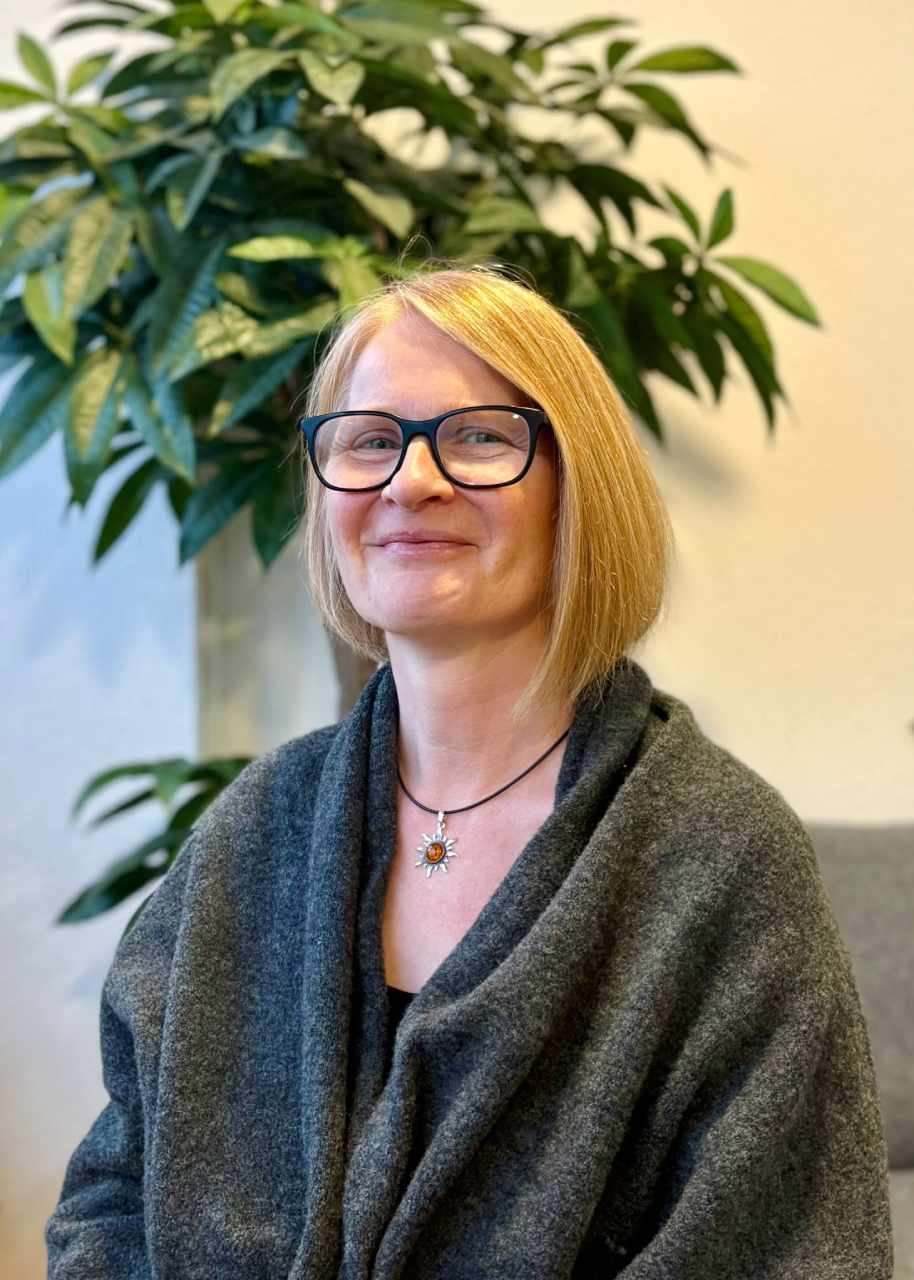Growing together
Living together in a patchwork family brings with it special challenges. Suddenly there are new siblings, different parenting styles clash and conflicts of loyalty are not uncommon. A stepparent wants to get involved, but the child feels committed to their biological parent. The ex-partner interferes in parenting issues or holidays and family celebrations have to be reorganized. All of this requires not only patience, but also sensitive cooperation in order to build a connected family from individual parts.
Do you have questions about
Family Therapy?
If you have any questions, feel free to call us or send us an email. We will be happy to advise you in a free initial consultation.
Why therapy can be beneficial for patchwork families
Life in a blended family can be challenging for everyone involved: parents, stepparents, children, and sometimes even ex-partners. It is completely normal for uncertainties or tensions to arise, because bringing different worlds together is a process that takes time. Therapy can help to guide and facilitate this process.
Common topics addressed in therapy include:
Make use of the safe space of
Family Therapy
Whether it’s about coping with crises, clarifying parenting questions, or strengthening family bonds – we support families in overcoming challenges and creating a happy and fulfilling future together. Whether you need help with communication, managing conflicts, or reinforcing your family connections – we are here to assist your family on the path to a harmonious and loving relationship. Schedule a free, non-binding initial consultation now.
How we work
Our therapeutic work focuses on openness, empathy and solution-oriented approaches. With a clear structure, we create a safe space in which all family members can contribute their perspectives and needs.

Creating a blended family is an adventure with ups and downs. Our therapy offers you the opportunity to use challenges as opportunities and to create a new, strong family foundation together. With patience, trust, and the right support, you can grow together step by step and lovingly master everyday life.
FAQs
In families with new partnerships or changes, such as remarriage, family therapy can help children feel secure and accept their new roles. Therapy offers strategies for developing new relationships within the family and promoting emotional stability.
Balancing privacy and family time can be challenging, especially when life as parents becomes stressful. Family therapy can help develop effective time management strategies that meet the needs of both parents and children while creating space for relaxation and individual needs.
Yes, grandparents can also be involved in family therapy, as we work across generations with all family members.
Puberty is a challenging phase for both parents and children. Family therapy provides a safe space to break down communication barriers and find ways to better handle the conflicts and emotional challenges of adolescence. The goal is to strengthen trust and the relationship between parents and teenagers and to prevent growing emotional distance.
The systemic approach in family therapy views problems as role definitions created by the role within the family – not as a deficit of one or both partners. The entire system in which the family operates is considered. There are different realities – not just one “correct” reality. The different perspectives and patterns that each person accumulates through life experiences and brings into every relationship are central. Systemic family therapy is more solution-oriented than problem-oriented. The goals of family therapy in Cologne are set by the clients at the beginning of treatment. During the course of therapy, these goals can change and be renegotiated repeatedly.
Strengthening the autonomy and self-worth of all family members, improving communicatiom and changing dysfunctional relationship patterns are the clear objectives of couples therapy at Paarberatung Cologne.
Ideally, all important family members should participate, as intergenerational family therapy takes into account the dynamics between the different generations. In some cases, however, it may be appropriate for not all family members to be present at the same time, especially if there are conflicts that need to be addressed only between certain individuals. The therapist will discuss this in advance with the family.
In families with new partnerships or transitions, such as remarriage, family therapy can help children feel secure and accept their new role. The therapy provides strategies to develop new relationships within the family and promote emotional stability.
Family therapy supports families during transitional periods such as separation or divorce by helping to understand and mitigate the impact on all family members. Support for children is especially important, as they often struggle to cope with the changed family situation. Therapy promotes communication and helps establish a new, healthy family structure.
We also offer marriage counseling if you only need support in your marriage and the family relationship with your children is generally functioning well.
Yes – with the help of couples therapy, a partner can be encouraged to change. For example, restructuring fears can help to overcome jealousy. Giving the other person more space creates a feeling of freedom and creates situations that strengthen mutual trust. Practical advice is part of our philosophy of couples therapy at the MVZ for Psychotherapy in Cologne.
- Initial consultation: €190 for 90 minutes (excluding VAT)
- All subsequent follow-up sessions: €220 for 90 minutes (excluding VAT)
The duration of family therapy depends on the individual case – fruitful results can become apparent after just a few sessions. Based on experience, most families require 6 to 8 sessions.

